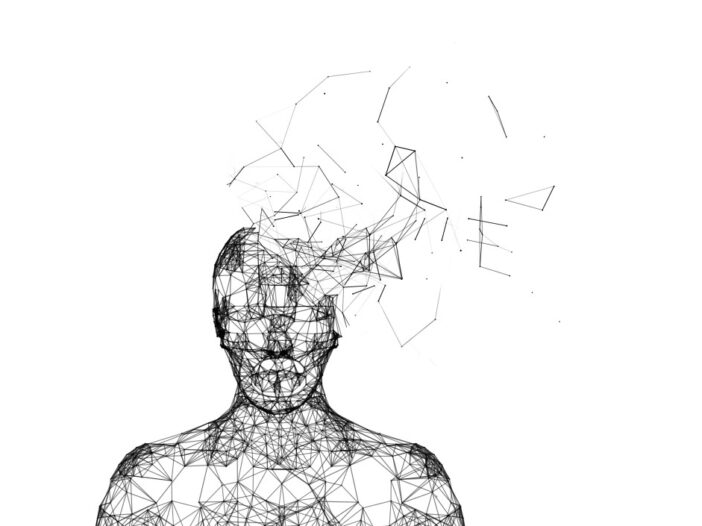
People with mental health conditions that prevent them from working may be eligible to apply for the federal Social Security Disability Insurance (SSDI) or Supplemental Security Income (SSI) programs. Let’s take a closer look.
To have a successful disability claim, you do not have to have a specific medical condition. Instead, the Social Security Administration will look at many factors to determine if you are disabled. Social Security will consider you disabled if you are or have been unable to work for 12 months or more due to a severe medical impairment.
That medical impairment can include mental health conditions such as depression and anxiety disorders, bi-polar disorder, post-traumatic stress disorder, schizophrenia, psychosis and other conditions. Although every claim is unique, there are a few things we look for when evaluating whether a mental health disability claim is likely to be successful. They are:
- The severity of the condition. People are often affected differently by common mental health conditions or disorders such as depression. Some people may be able to function normally and hold down a job. Others may have such severe symptoms that they cannot function in their daily lives. The more severe your condition, the more likely that the Social Security Administration will find your claim successful.
- The treatment documentation. Before awarding benefits, the Social Security Administration requires any claimant to establish proof that your condition is as severe as you say it is. The best way to do this is by using documented evidence collected from the medical professionals who treated you in the past or are treating you now. A condition is often considered severe if there are inpatient hospitalizations or other acute interventions that are well documented in a claimant’s file. But, there are many ways to document and establish the severity of a mental health condition. It is very important to have clearly documented treatment notes from your medical professionals. In those notes, they can speak to how your mental health condition impairs your daily life.
- Medication and treatment compliance. It’s not necessary to have a perfect file or medical history but is important to listen to your treating medical professionals. If you have not been taking your medication as prescribed or following treatment guidelines, you may not have a successful claim. We know it can be difficult to comply with all your medication and treatment guidance, but if you fail to comply, we don’t have any evidence to show that your condition hasn’t responded to treatment. That leaves the Social Security Administration with a big question mark as to whether you would be able to work if you followed your doctor’s guidance.
In addition to the above, there are a few other important things to keep in mind that are common with mental health claims.
Contributing History Isn’t Always Relevant
The Social Security Administration doesn’t make decisions about which claims are successful based on how difficult a person’s history has been or why that person has developed a mental illness.
There are many claimants who have experienced difficult situations in the past that may have contributed to their mental health condition. It is not uncommon for claimants to have problems like childhood or sexual abuse, violent loss, prior military service and/or other traumatic events in their history. While those events are relevant to your treating medical professionals, Social Security doesn’t necessarily need to know how or why you developed a condition. They simply need to know how severe it is and if it impacts your ability to work.
Substance Abuse Can Be a Problem
Substance abuse is a common and unfortunate reality for many individuals suffering from severe mental illness. A history of substance abuse and a lack of medication or treatment compliance can impact your claim in a negative way.
That’s why it is very important to work with an experienced disability lawyer. If you are considering applying for disability benefits due to a severe mental health condition, we can help you determine how strong your claim is and work closely with you to establish the best possible evidence for your claim.



